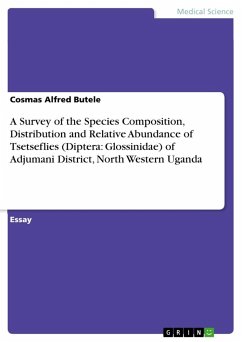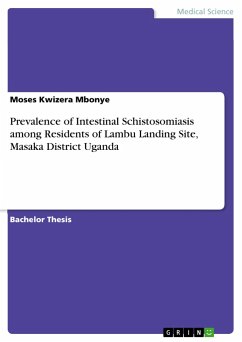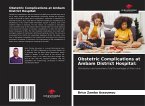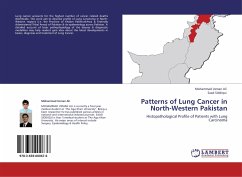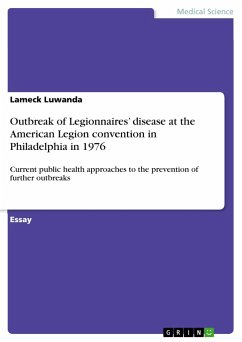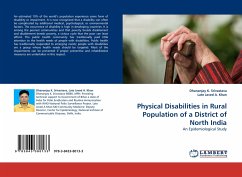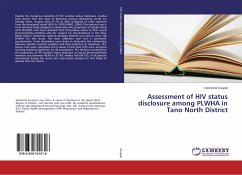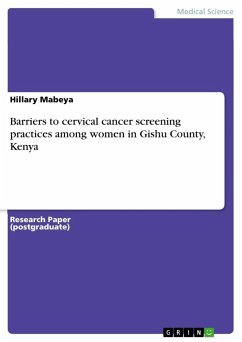Essay from the year 2013 in the subject Medicine - Other, grade: A, ( Atlantic International University ) (School of Science and Engineering), course: Master of Science (Applied Entomology), language: English, abstract: Adjumani District, located in the northwestern part of Uganda, has had a long history of tsetse and trypanosomiasis. However, tsetse control methods and operations in the district were being guided by mere number and location of sleeping sickness cases treated in Adjumani Hospital and complaints of tsetse infestation received from the villages, without reference to particular tsetse species. It was thought that probably only one riverine tsetse fly species existed in the district. 7 locations were first selected for a preliminary area-wide tsetse survey to determine trapping sites. 10 pyramidal traps were deployed at a distance of 250m apart along river banks in each village in the location, and checked (milked) after 72 hours (3 days). A total of 220 pyramidal traps were used. Six locations were then selected for a six month routine survey. Two villages were selected as trapping sites in each of the 6 study locations basing on the baseline fly trapping density (FTD) or species complexity, giving a total of 12 trapping sites. Three pyramidal traps and 3 biconical traps were deployed, spaced 50m apart in each trapping site to catch adult tsetse flies, and checked after every 24 hours (1 day), once a week, giving a total of 24 samples for each trapping site. Tsetse fly species caught were identified using external morphological features. The survey revealed that at least 3 different species of tsetseflies exist in the district: Glossina fuscipes fuscipes, G. morsitans, and G. pallidipes. G. f. fuscipes was the most abundant species distributed in all the 6 parishes and 12 trapping sites with an average fly trapping density (FTD) of 1.765, followed by G. m. submorsitans found in Maaji-Sinyanya-Ofu Village in Ukusijoni Parish, Okawa Village in Palaro Parish and Pakwinya Village in Odu Parish with an average FTD of 0.174 and the least abundant species being G. Pallidipes confined to Maaji-Sinyanya-Ofu Village in Ukusijoni Parish, with an average FTD of 0.0308. In total 1,570 tsetse flies were caught during the survey period which disaggregated into 635 males (40%), 935 females (60%). There were 416 non-teneral male tsetse flies (26%) and 219 teneral male tsetse flies (14%), 637 non-teneral female tsetse flies (41%) and 298 teneral female tsetse flies (19%). During the survey period, a total of 41 Sleeping Sickness cases from the 6 study locations (parishes) was being treated in Adjumani Hospital, including refugees and other people from Southern Sudan.
Hinweis: Dieser Artikel kann nur an eine deutsche Lieferadresse ausgeliefert werden.
Hinweis: Dieser Artikel kann nur an eine deutsche Lieferadresse ausgeliefert werden.

